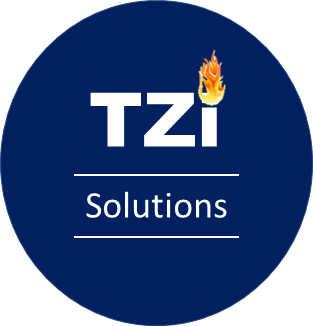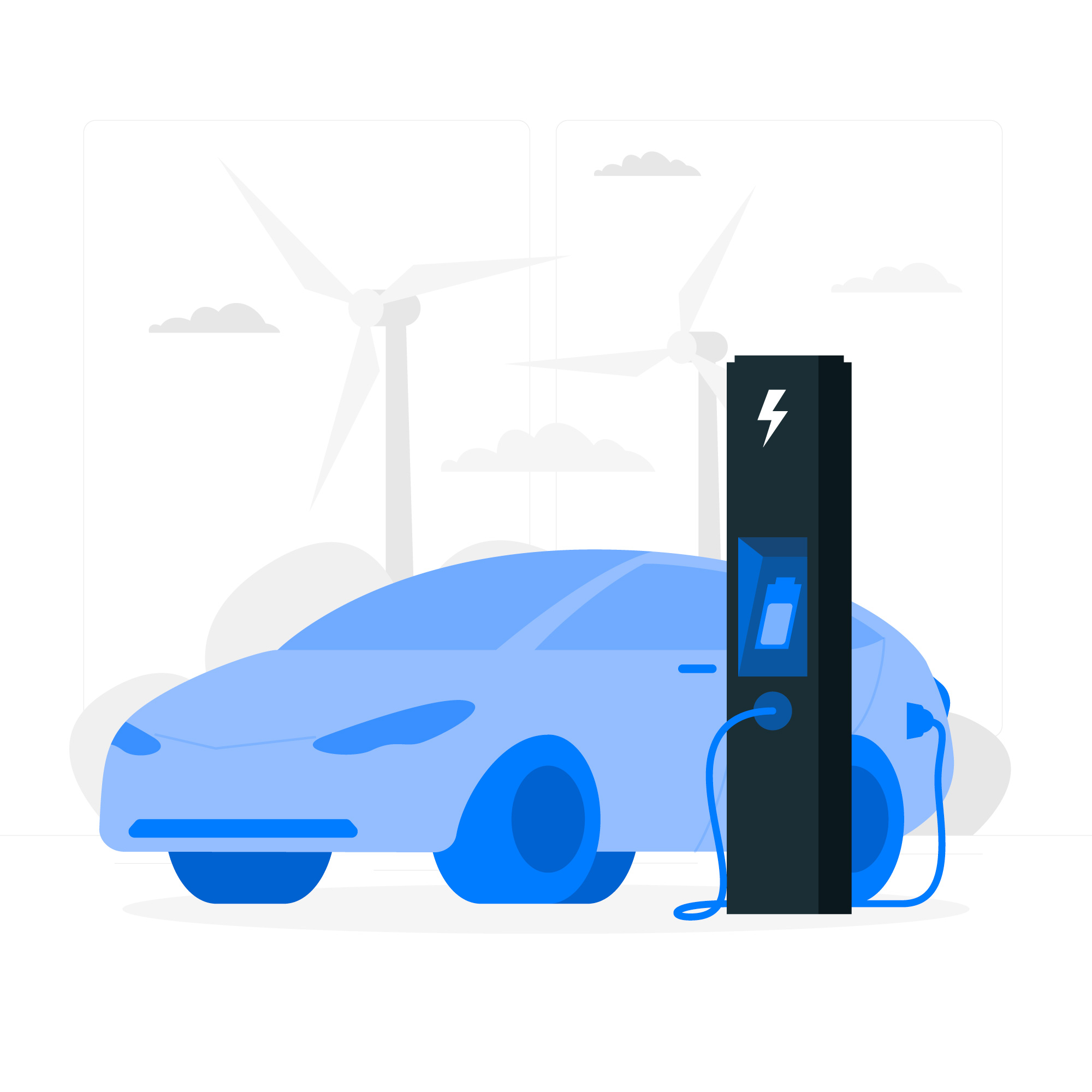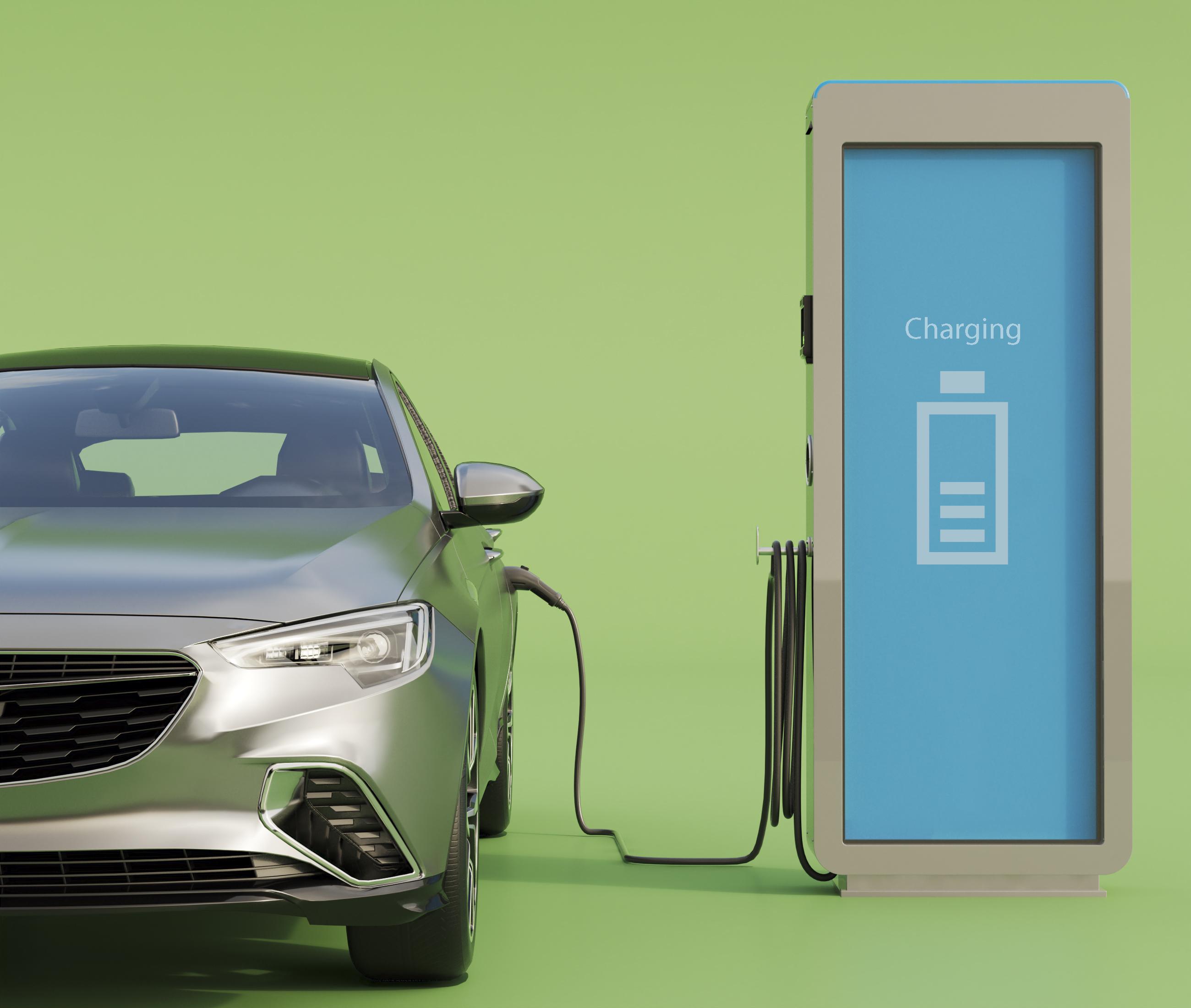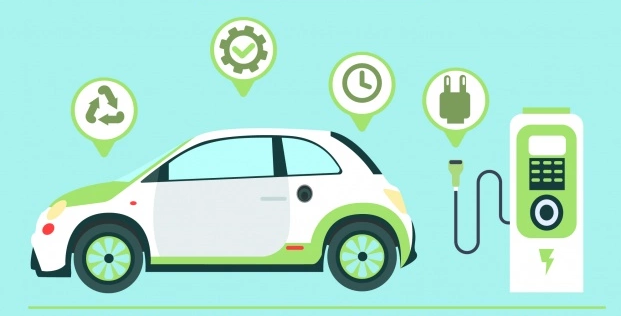

Electric vehicles, like fossil-fuel-based vehicles, need a charging station. Because charging takes time, it is more efficient to leverage IoT technology to make the system more user-friendly. Data exchanged can be transmitted to the server (CSMS) and mobile applications (User App) at the same time.
In this part of this series, we will cover the overall technology components/stack which you should consider for developing the EV charging app for your business. In subsequent parts of this series, we will cover each stack aspect separately in detail.
Before we discuss, Technology stack - Electric Vehicle Charging Station Management System, I would like to share a brief about how an EV Charging Station Process Happens.
Cloud Technologies -
Navigation and Location Detection -
Databases -
User Communication -
Payment Gateways -
Backend Technologies -
IoT Communication Protocol -
EV Charging Protocol -
Each point in itself needs a detailed discussion hence we will take up those points in the next part of this series.
Conclusion
The goal of this post was to give an overview about technology stack for an IoT solution for EV charging stations for both commercial and private usage.
EV charging systems have grown increasingly efficient and easy for EV owners and providers with the advancement of IoT technology. AWS IoT Core aids with the configuration, development, and management of IoT objects, jobs, certificates, rules, policies, and other components.
TZi Solutions has created an Electric Vehicle Charging Station Management Web & Mobile Application by employing the above mentioned protocols and thus we have the potential to do so in the future.
Are you Looking for IT Development Company who can help you with Your IT Related Solutions, Increase Sales and Optimize and Automate your business operations using technology? Then you are at right place.
Simply drop us an email at [email protected] or call us to discuss at +91 8604939888



